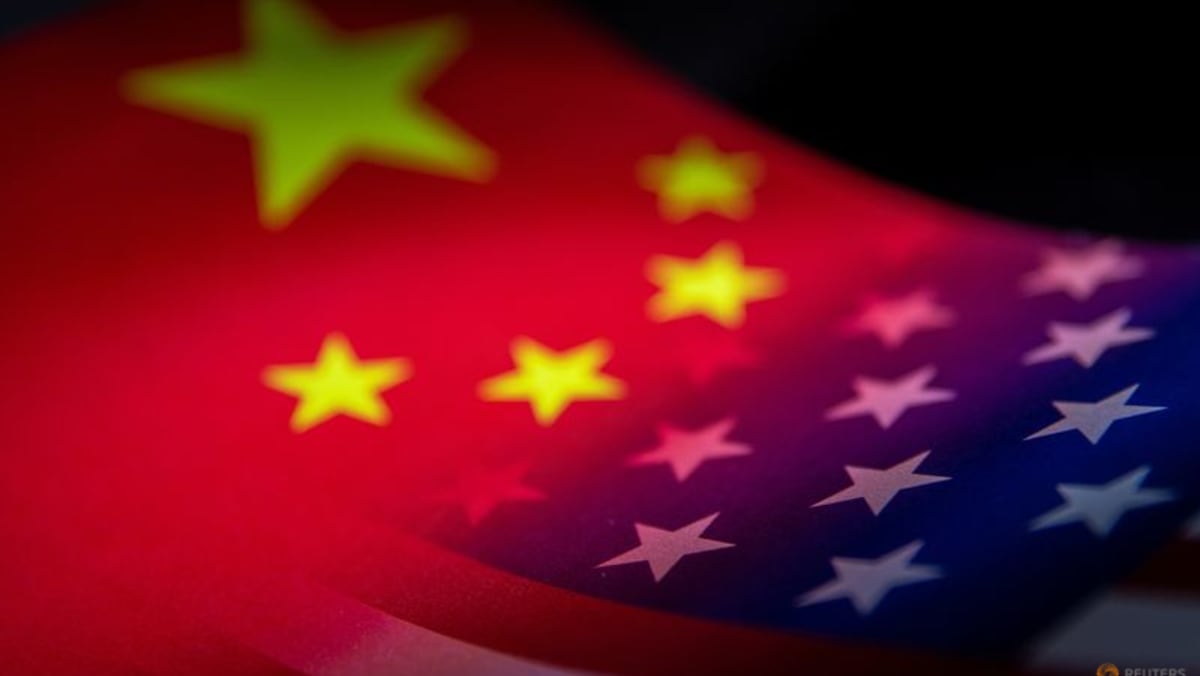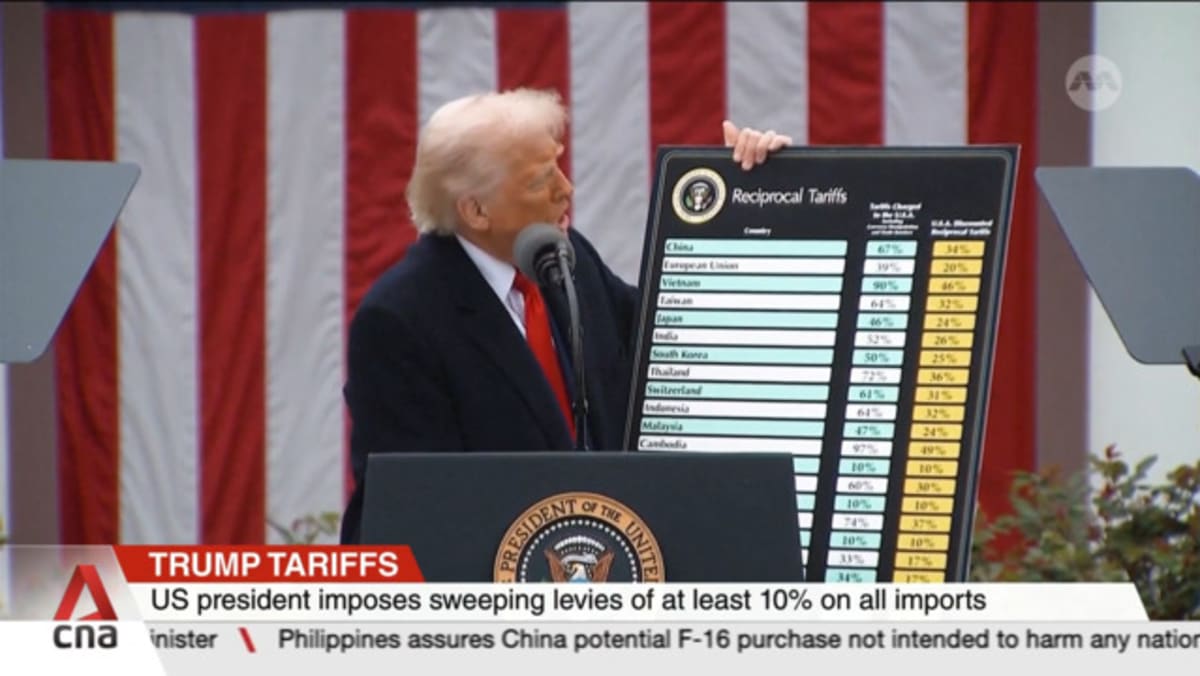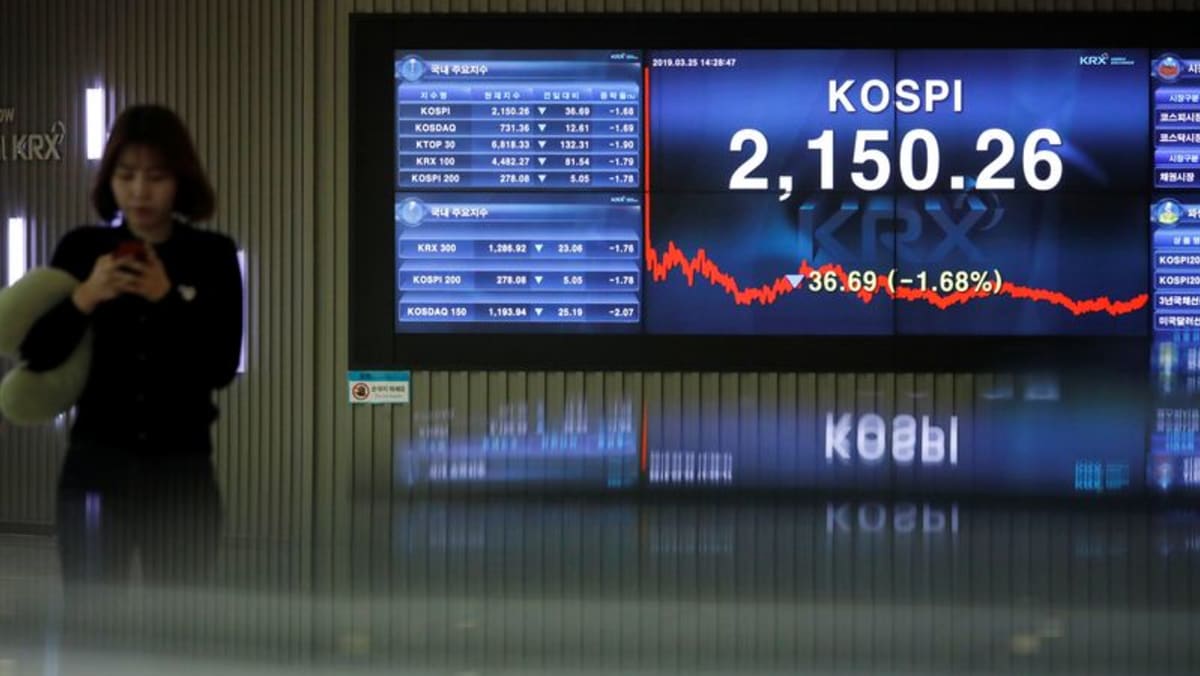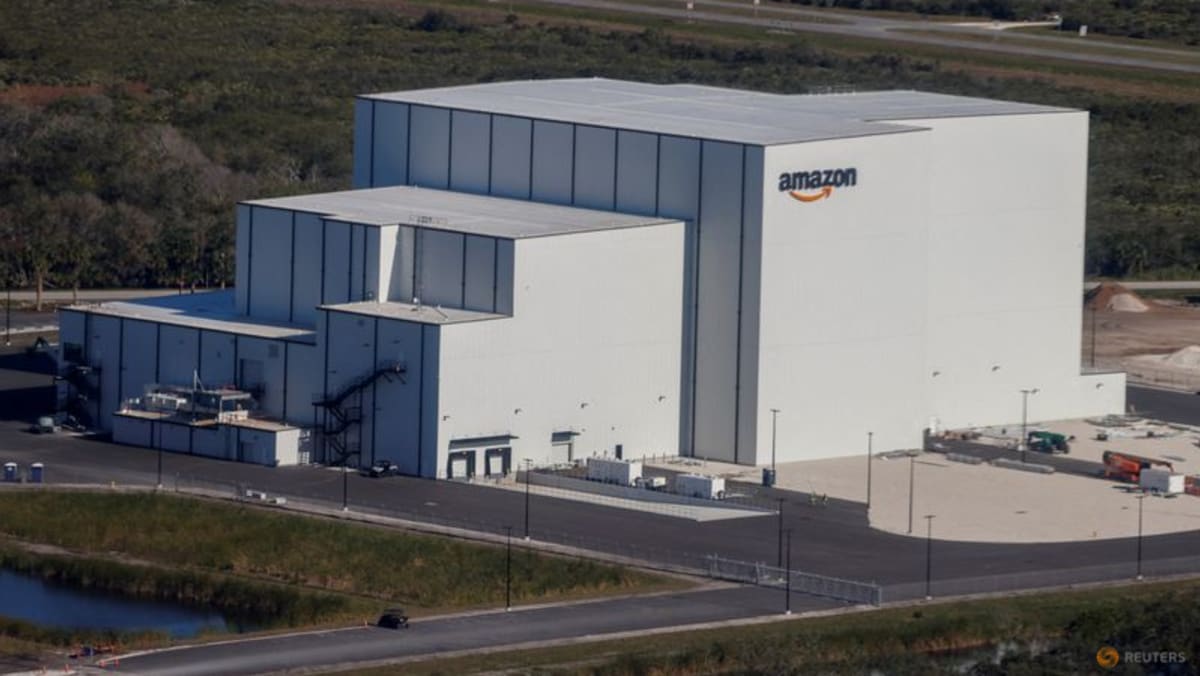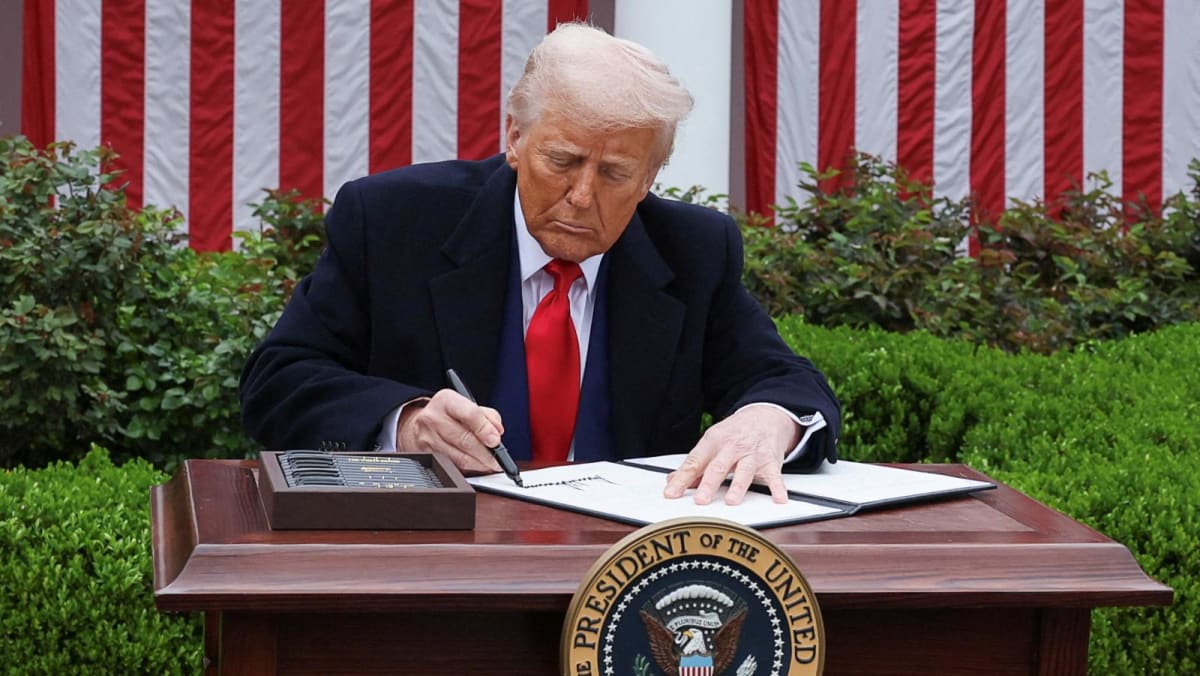SEOUL : South Korea will tighten regulations on stock market listings to improve the quality and competitiveness, the financial regulator said on Tuesday, in the latest move by authorities aimed at making the domestic stock market more attractive to investors.
The Financial Services Commission said in a statement that while the number of listed companies and market capitalisation had increased on the market the quality had fallen short.
“When it comes to qualitative aspects of corporate value and growth potential, our stock market growth has been assessed to be comparably weak,” the commission said.
In February 2024, the government announced capital market reforms under the “Corporate Value-up Programme”, mirroring Japan’s efforts that brought the Nikkei to an all-time high, to resolve the so-called “Korea Discount”, a tendency for the benchmark KOSPI’s undervaluation due to low dividend payouts and opaque corporate governance structures.
However, the South Korean push, which was one of the signature policy drives of now impeached President Yoon Suk Yeol, has fallen short of market expectations, with the KOSPI dropping nearly 10 per cent in 2024 to rank the worst performer among major Asian markets.
In the statement, the Commission said the initial public offering (IPO) market should be more driven by corporate value-based investment decisions rather than short-term profit considerations.
To achieve that, the Commission said it would introduce preferential treatments for institutional investors that pledge to hold shares for locked-in periods, restrict bidding participation by small firms for reasonable share pricing and strengthen the role and responsibility of the bookrunner.
The regulator also plans to make de-listing easier, by tightening the criteria for listed companies to stay in the market, such as market capitalisation and revenue requirements, and shortening probation periods.
In the last five years, Morgan Stanley Capital International’s Korea index rose 3.8 per cent, while the global index provider’s U.S. index rose 83 per cent, the Japan index rose 65 per cent and Taiwan rose 110 per cent. The number of listed companies rose 18 per cent in Korea to 2,478, compared with increases of 3.5 per cent in the United States, 6.8 per cent in Japan and 8.7 per cent in Taiwan.
The regulatory changes will take effect in stages, from as early as the first quarter, after amendments and preparations are completed for each of them, the Commission said.

